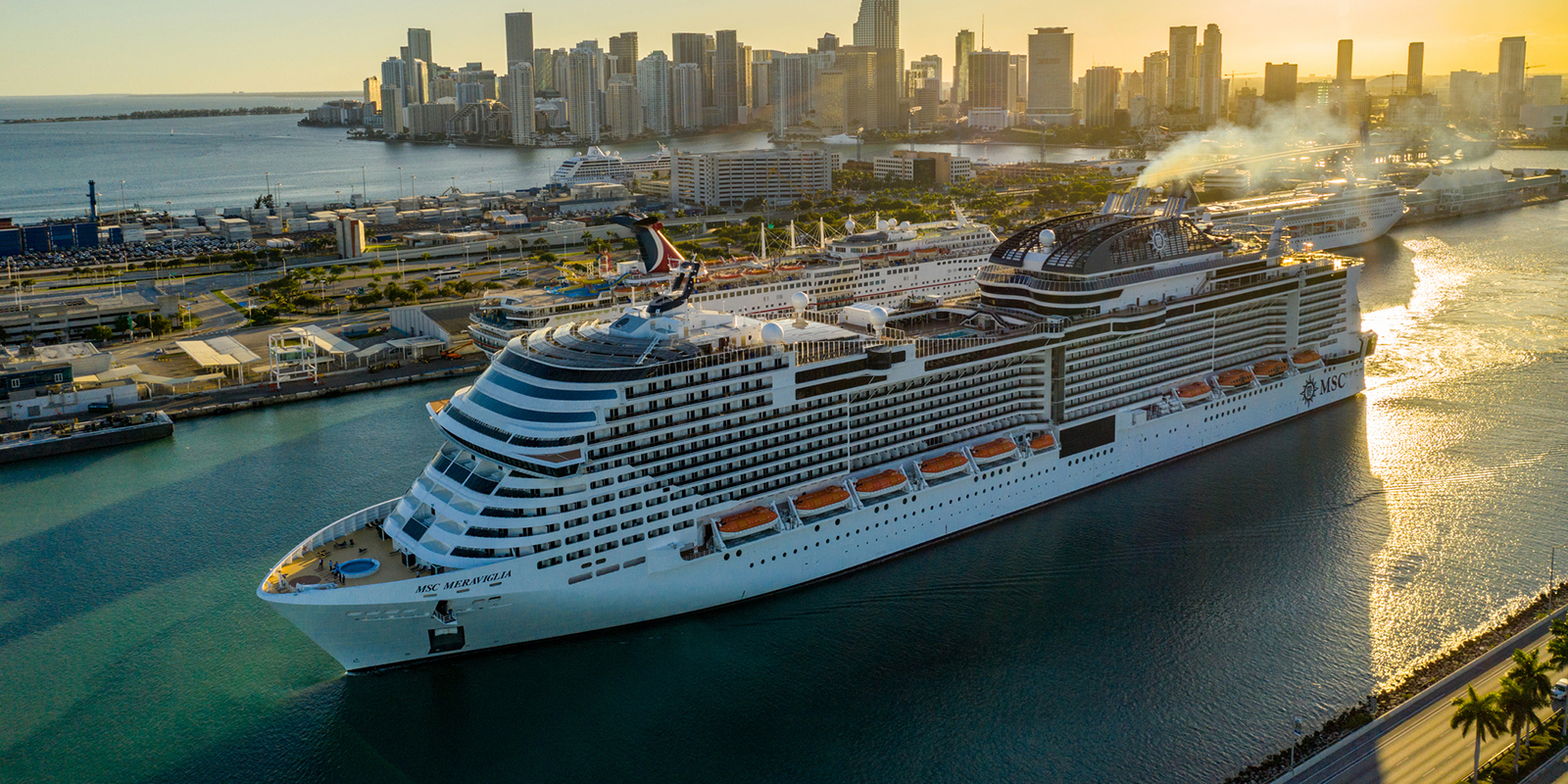The cruise industry is a matrix of interdependent parts, including ship’s officers, managers, crew, passengers, concession workers, ports, shoreside facilities, logistics for food, beverages, supplies, fuel, maintenance and supporting businesses such as travel agents, airlines and shoreside services.
Cancellation of cruises creates a cascade of consequences. Cruise line revenue is lost from its onboard activities such as the casino, bars, shops and shore excursions. Ship’s crew are dependent on passenger tips. Excursion tour guides, tourist shops, food and beverage services, buses and port revenues are negatively impacted.
Cruise lines allocate the risk of revenue losses through contracts with the various parties, often including a waiver of liability such as passenger tickets which allow for changes or cancellation by the cruise line due to causes beyond their control. Contracts with crew, concessions and other services will have similar waiver clauses.
Maritime law has established certain rights and duties beyond the contracts, such as repatriation of crew back to their home countries, if their service to the ship is no longer required. Passenger must be transported to the intended destination port. These movements are sometimes hindered by health protocols of the countries through which transport must be made.
The cruise line remains responsible for the health and safety of crew and passengers aboard the ships. Medical services are provided within the employment contract of crew and are available to passengers by the medical staff as independent contractors not included within the services of the ship.
The ship itself must be maintained and manned in accordance with standards set by the flag state and by international regulations for keeping the ship inspected and certified for safe operation. Provisioning of food, beverages and supplies must continue for persons aboard.
Cruise cancellations clearly affect a chain of businesses and persons involved in the cruise industry. Experience has demonstrated that the demand for cruise trips will be sustained when all travelers fully embrace a return to cruising. The intervening down time allowed cruise lines to revise cleaning protocols and to train ship personnel in improved health and safety practices to avoid conditions which led to cruise cancellations.
**On March 30th, the Centers for Disease Control Lifted its COVID-19 Cruise Ship Travel Health Advisory**
